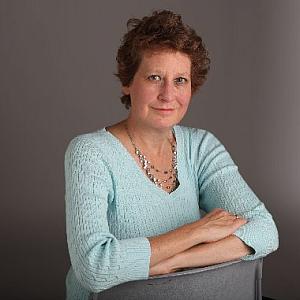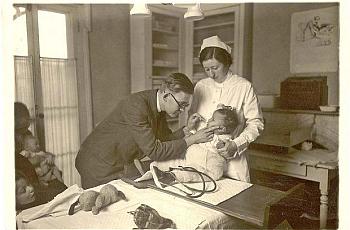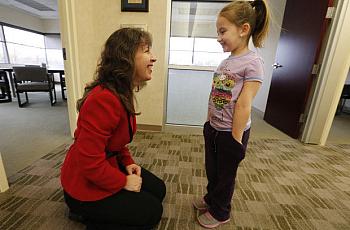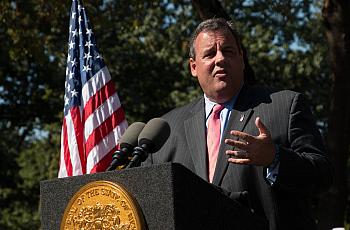
Kathleen O'Brien
Reporter

Reporter
Reporter Kathleen O'Brien of the New Jersey Star-Ledger stayed flexible in her reporting and ultimately uncovered system-wide computer problems that were only affecting New Jersey's poor. Here she shares the lessons she learned while working on the project.
New Jersey was one of 28 states that opted to accept federal money to expand Medicaid under the Affordable Care Act. That expansion has added almost 400,000 people to the public health insurance program - without necessarily adding more doctors to see them.
New Jersey's health care safety net for poor families was strained even before the ACA offered states money to expand Medicaid. The rate it pays doctors is among the lowest of any state in the nation. That can make it hard for patients to get the timely care they need.

In the era before modern surgery and antibiotics, care for all but the very elite was provided by unschooled healers such as midwives, "bone-setters," and apothecaries. Their fees were low, and many would barter their services for crops or food.

New Jerseyans covered by Medicaid report it's sometimes difficult to find doctors — particularly specialists — who will accept its insurance plans. Here are some tips, gathered from doctors, physician practice administrators and other patients.
In New Jersey, an estimated 11,000 Medicaid applicants are still trapped in a tangle of digital red tape and a bureaucratic maze. Some families have been in limbo for nearly a year. The state has yet to announce any permanent solution.

New Jersey’s governor, Chris Christie, has walked a fine line in his decisions about the Affordable Care Act: He accepted Washington’s offer to expand Medicaid, yet declined to set up a state exchange. (And even turned his back on a $7 million grant to help residents learn about their options on hea